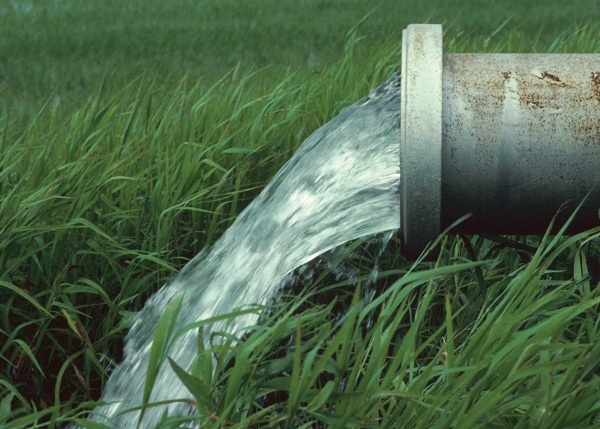
The LCRA Board voted unanimously Tuesday (Jan. 8) to make the formal request to the Texas Commission on Environmental Quality for emergency powers to limit water releases for rice irrigation.The measure, if approved by TCEQ, will allow the water authority to withhold releases from rice farmers if the combined storage of lakes Travis and Buchanan is less than 850,000 acre-feet on March 1, instead of the minimum 775,000 acre-feet as approved by the November resolution.

Texas rice farmers along the Lower Colorado River will most likely suffer another year of irrigation water shortages now that the Lower Colorado River Authority Board of Directors have voted to ask for emergency drought powers from the state that will lead to another year of reduced water releases for downriver rice farmers.
The LCRA Board voted unanimously Tuesday (Jan. 8) to make the formal request to the Texas Commission on Environmental Quality for emergency powers to limit water releases for rice irrigation. In a meeting last November, the Board voted 10-4 in favor of seeking TCEQ permission to release 121,500 acre-feet of water from the Highland Lakes to rice farmers in 2013 if the combined storage of lakes Travis and Buchanan, the chief reservoirs for Central Texas, is between 775,000 and 920,000 acre-feet on Jan. 1 or March 1.
The measure, if approved by TCEQ, will allow the water authority to withhold releases from rice farmers if the combined storage of lakes Travis and Buchanan is less than 850,000 acre-feet on March 1, instead of the minimum 775,000 acre-feet as approved by the November resolution. The lakes now are at 826,000 acre-feet, or 41 percent of combined capacity, with little hope of sufficient recovery by March 1 to reach the minimum capacity set by this latest action.
Rice farmers and officials with Ducks, Unlimited, a sportsmen’s group concerned about the safety and well being of millions of waterfowl in Coastal Texas, say the new minimum set Tuesday represents a substantial loss of water needed to “save farms’ and to “protect waterfowl”.
They argue the move actually reverses the decision reached in November by increasing the minimum capacity requirement by nearly 10 percent.
Texas Agriculture Commissioner Todd Staples reacted to LCRA’s Tuesday decision to raise the water release threshold for Texas rice farmers.
“We cannot ration and restrict our way to a bigger and better Texas. Solutions need to be focused on water for all needs and not restrictions for something as vital as food,” Staples posted in a press release. “A crisis exists in Texas as our water capacity has failed to keep up with our growth. This situation has been compounded by the worst single-year drought on record.
“We must find a balanced solution that allows farmers to continue producing food to feed us while also providing communities with the water to sustain our families. We need to embrace conservation and develop new water supplies necessary to meet our growing population and increasing water demand.”
Staples stopped short of calling the move unfair to farmers, but urged all stake holders involved in Texas water issues to preserve the state’s natural resources by working together to bring about successful conservation efforts and to create new ideas and technologies that will address the evolving Texas water crisis.
LCRA General Manager Becky Motal said following Tuesday’s meeting that she was not optimistic that weather conditions would improve lake level conditions before March 1. She said the entire watershed region would require heavy rainfall of four to five inches on “multiple occasions” to reach the minimum capacity level required to release water to rice farmers by March 1. Weather forecasters are calling for another drier-than-normal winter season and the prospect for another round of drought in the spring and summer growing season.
About the Author(s)
You May Also Like



